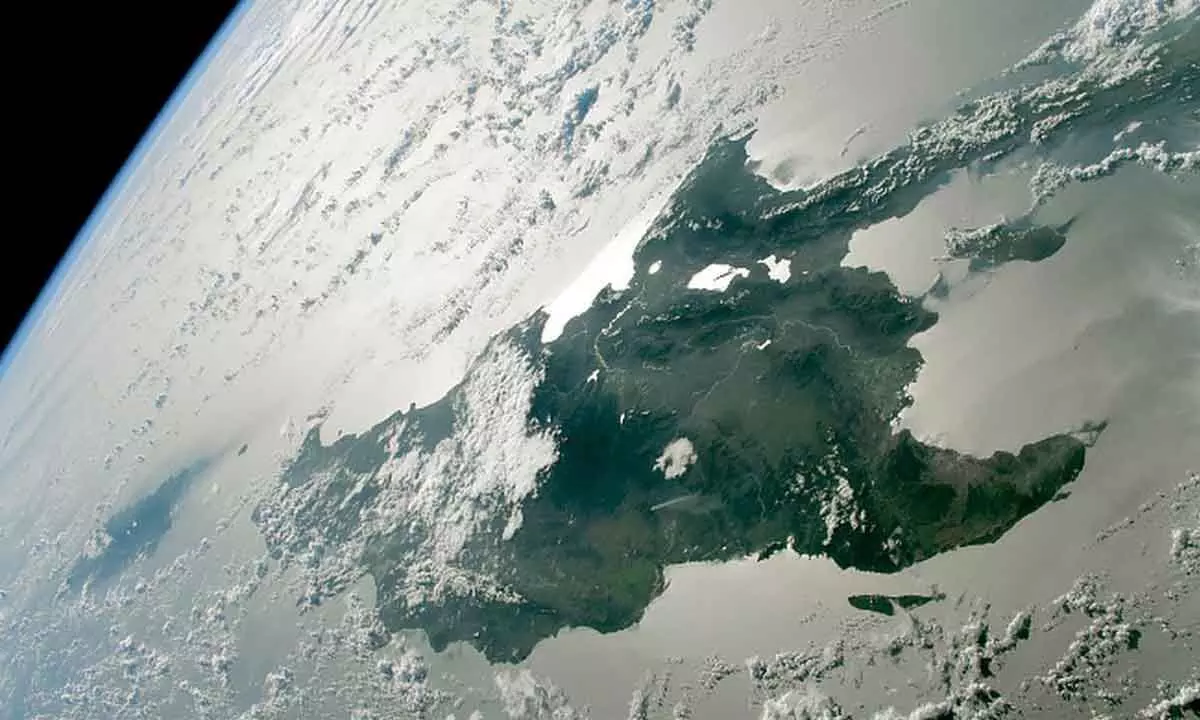Live
- Ensure 100% enrolment of women into SHGs, urges Collector
- Resolve Prajavani petitions quickly: DC Venkatesh Dotre
- Record govt jobs provided in one and a half years says Narendra Modi
- Women SHG members trained in handicrafts, manufacturing
- TGCSB nabs 21 cyber criminals
- Narayana directs civic bodies to prepare DPR for infra in 20 days
- Indiramma Housing scheme: 41% survey completed in RR dist
- 'Kejriwal's arrest by ED-CBI was illegal'
- Trump picks PIO Sriram Krishnan as AI advisor
- Hyderabad loses its Shaan-e-Benegal









